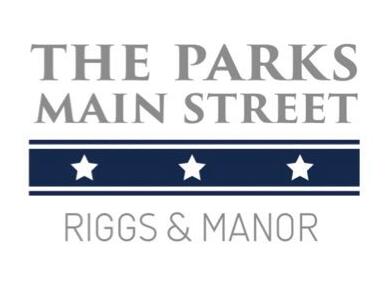 DC Main Streets is a comprehensive program that promotes the revitalization of business corridors in the District of Columbia. Created in 2002 through the National Trust for Historic Preservation, Main Streets serves as the citywide coordinating program that provides services and funding for the 24 Main Streets found in the District of Columbia.
DC Main Streets is a comprehensive program that promotes the revitalization of business corridors in the District of Columbia. Created in 2002 through the National Trust for Historic Preservation, Main Streets serves as the citywide coordinating program that provides services and funding for the 24 Main Streets found in the District of Columbia.
DC Main Streets’ mission is to support the traditional retail corridors in the District. DC Main Streets is a Main Street America™ Coordinating Program. As a Main Street America™ Coordinating Program, DC Main Streets helps to lead a powerful, grassroots network consisting of over 40 Coordinating Programs and over 1,200 neighborhoods and communities across the country committed to creating high-quality places and to building stronger communities through preservation-based economic development.
Though our 24 independent, nonprofit neighborhood Main Street programs, we revitalize communities by retaining and recruiting businesses, improving commercial properties and streetscapes, and attracting consumers. Leaders in these neighborhood organizations assist businesses and coordinate sustainable community-driven revitalization efforts in their neighborhoods.
Since the DC Main Streets Program was created, over 900 businesses and over 6,500 jobs have been created, and over $300 million have been invested in public improvements.
Each DC Main Streets program is organized and led by local volunteers and community development professionals. Each program has different operating structures as defined in their by-laws and operating procedure documents. By grant agreement with DSLBD , each program must have:
- Broad-based community support for the commercial district revitalization process, with strong support from both the public and private sectors;
- Well defined vision and mission statements relevant to community conditions and to the local Main Street program’s organizational stage;
- A comprehensive project implementation plan and an adequate operating budget to support it;
- An operational board;
- A full-time staff person dedicated to program implementation;
- Committees staffed by volunteers that align with the Main Street Four Point Approach.
